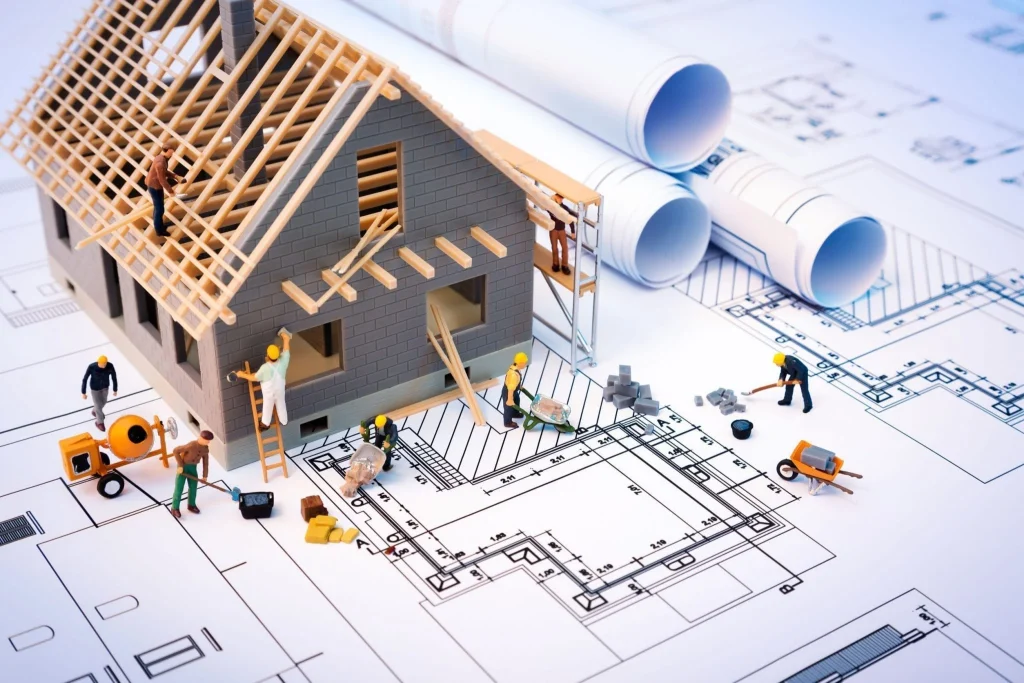Urban resurgence is a multifaceted phenomenon propelled by property developer initiatives that seek to revitalize and transform urban landscapes. As cities evolve and adapt to changing demographics, economic dynamics, and societal preferences, property developers play a pivotal role in shaping the urban fabric. Their initiatives encompass a diverse array of projects ranging from mixed-use developments and adaptive reuse of historic buildings to sustainable infrastructure and community-focused amenities. One of the primary drivers behind these initiatives is the recognition of the intrinsic value embedded within urban spaces and the potential for reimagining them as vibrant centers of innovation, culture, and commerce. Property developers often embark on urban resurgence projects with a vision that extends beyond mere construction and profit making. They strive to create environments that foster a sense of place and identity, drawing inspiration from the unique history, culture, and architectural heritage of the locality. By preserving historic landmarks and integrating them into modern urban designs, developers not only honor the past but also imbue new developments with a sense of authenticity and character.

This blends of old and new creates a dynamic urban landscape that resonates with residents and visitors alike, enhancing the city’s overall appeal and attractiveness. Furthermore, property developers are increasingly embracing sustainable practices and incorporating green design principles into their projects. From green building certifications to renewable energy systems and stormwater management solutions, sustainability has become a guiding principle in urban resurgence initiatives. By prioritizing environmental stewardship and resource efficiency, developers not only reduce the ecological footprint of their projects but also contribute to the long-term resilience and vitality of urban communities. Sustainable urban design not only mitigates the environmental impact of development but also promotes healthier, livable spaces for residents, fostering a harmonious balance between human activity and nature. In addition to physical infrastructure, property developers are also investing in social and cultural amenities that enrich the urban experience. This includes the creation of public spaces, parks, and recreational facilities that serve as gathering points for the community.
By fostering social interaction and civic engagement, these spaces contribute to the social cohesion and well-being of urban residents, creating a sense of belonging and shared ownership of the public realm. Moreover, developer Javad Marandi are collaborating with local stakeholders, including nonprofit organizations and cultural institutions, to support arts, education, and community development initiatives that enhance the cultural vibrancy and diversity of urban neighborhoods. Ultimately, property developer initiatives are integral to the ongoing transformation and revitalization of urban areas, driving economic growth, enhancing quality of life, and fostering inclusive and sustainable development. By embracing innovation, collaboration, and a commitment to social and environmental responsibility, developers have the opportunity to shape cities that are not only economically competitive but also socially equitable, culturally vibrant, and environmentally resilient. As urban resurgence continues to unfold, the role of property developers as catalysts of change and guardians of urban heritage remains paramount in shaping the cities of tomorrow.

